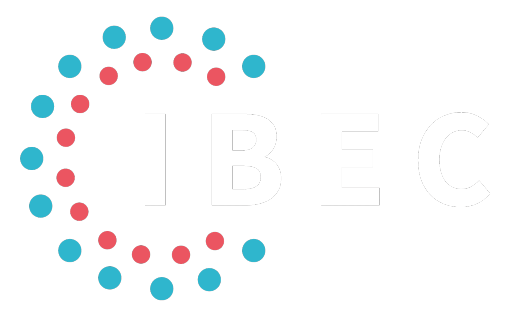Reducing the risk of transmission of an airborne virus, like SARS-Cov-2, is key to reducing its spread.
Myths
Debunk myths about the spread of the COVID-19 virus
Science
Make the complexities of the science easier to understand through various engaging multi-media tools
Community
Encourage businesses to pledge their commitment to C.A.R.E. for the health and well-being of their employees, clients, and customers.

Vaccination and human diagnostics are critically important.
Given that a primary transmission route for COVID-19 is airborne, medical mitigation strategies MUST be complemented with environmental control solutions to reduce the risk of transmission.
This is the more comprehensive, holistic approach that the Commit to C.A.R.E. campaign is hinged upon.
We know that vaccination is one key way to reduce the transmission and severity of COVID-19. However, there are other steps organizations should take to mitigate its spread and protect what matters most — people.
Community. Awareness. Responsibility. Equity.
Commit to C.A.R.E. was developed by global experts, scientists, and researchers guided by the current peer-reviewed science and decades of lessons learned from risk prevention of other highly contagious airborne diseases like tuberculosis and measles

Commit to C.A.R.E. was designed to educate and help guide organizations across the globe through easy-to-understand virtual trainings and risk assessment tools based solely and objectively on established science.
This campaign will promote and disseminate a variety of free resources (such as micro-training videos, checklists, web tools) for businesses to safeguard their employees as well as demonstrate their commitment to the communities in which they reside. All tools developed under this project have been created with the needs of a nonscientific / non-medical audience in mind - people running businesses. They are designed to empower accountability and responsibility and intended to facilitate fair and equitable access to information by everyone.
